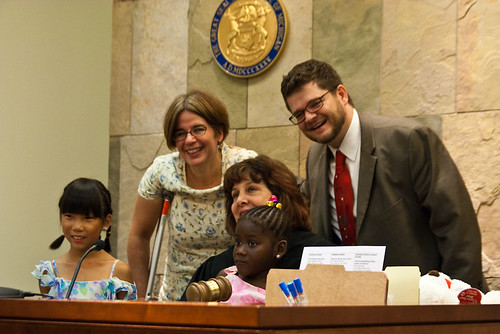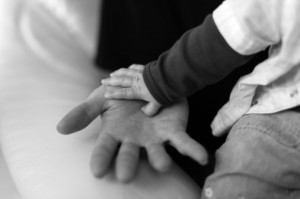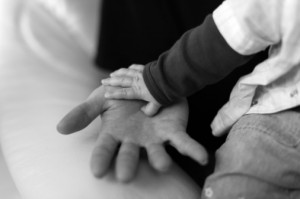The Department of Education has published a survey which shows that children over 5 take much longer to be adopted than children under the age of 5.
The Adoption Survey (released quarterly by the Department of Education) provides analysis of data which covers the adoption process in general, the characteristics of children during the adoption process and analysis of the progression of children through the adoption system at any given stage.
The statistics showed the following (from Quarter 4 of 2011-12 to Quarter 3 of 2012-13):
- There was a decrease of 18% in the number of decisions to adopt children but it was found – on the positive side – that there was an increase of 13% in the number of matches and an increase of 15% in the number of placements
- On average a longer a time is taken to adopt older children, disabled children, children from black and minority ethnic groups and sibling groups.
- It takes over a year (13 months) longer for a child aged 5 or over to be adopted, as compared to the time that it takes for a child under 5 to be adopted
- It takes over 2 months longer for a child to be adopted who is disabled, part of a sibling group or from a black and minority ethnic group
- The time taken for a child to be placed with adoptive parents dropped by 7% to approx 43 days
- There was a 4% increase in the number of applications to be adopters and the number of approvals for adopters has increased by 25%
- There has been an overall increase in the number of enquiries to adopt children (a 10% increase)
The survey also showed that there was currently approximately 5,000 children involved in some way in the adoption process from quarter 4 of 2011-12 to quarter 3 of 2012-13. Across the period, 2,050 new “placement orders” (i.e. a decision to adopt) were made, 1,750 children were matched with prospective adopters and 1,700 were placed with an adoptive family.
Information from the quarterly survey also suggested that children aged under 5 years old take approximately 1 year and 8 months to be placed with an adoptive family, whereas children aged 5 or over take on average 2 years and 9 months to be placed with an adoptive family. This survey also found that there had been a 10% decrease over the entire period of the survey in the number of older children being placed with an adoptive family. However, the survey urged caution with this last statistic as there were less than 100 older children being placed each quarter and therefore the numbers could be subject to variance.
Redmans Solicitors are employment solicitors who offer employment law advice to employees and employers



